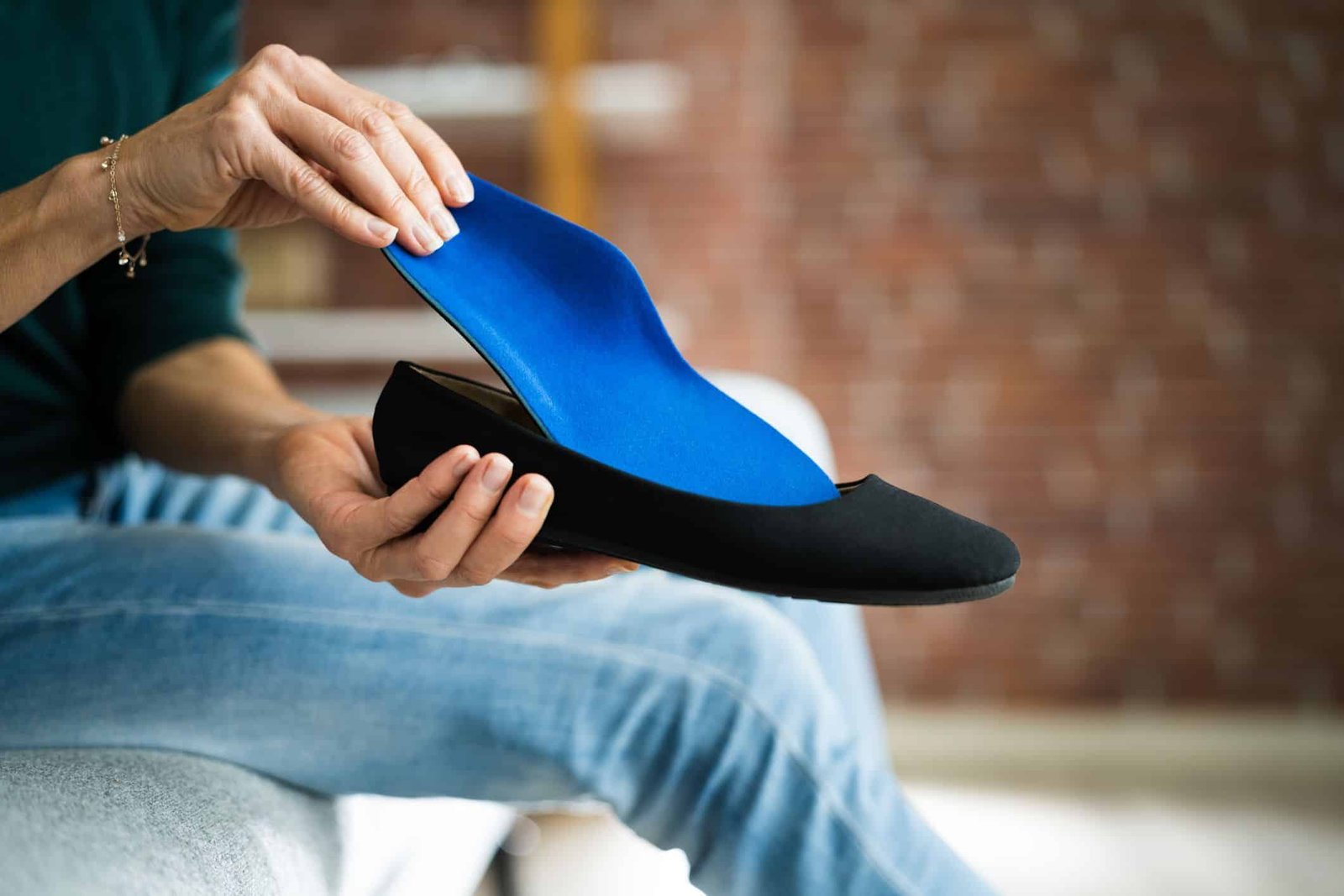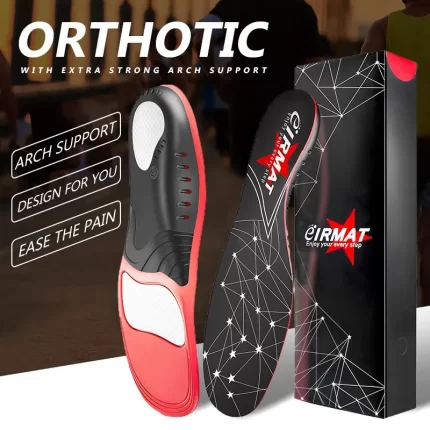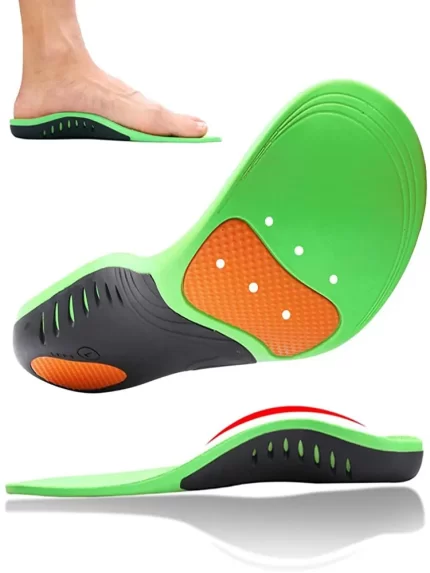Foot health is a crucial aspect of overall well-being, and many people turn to arch support insoles to alleviate discomfort and prevent conditions like plantar fasciitis. However, a common misconception exists that more arch support is always better. In this article, we will explore the relationship between arch support and plantar fasciitis and whether too much arch support can be a contributing factor to this painful condition.
Understanding Plantar Fasciitis:
Plantar fasciitis is a prevalent foot condition characterized by inflammation of the plantar fascia, a band of tissue that connects the heel bone to the toes. This inflammation can lead to stabbing pain in the heel, especially during the first steps in the morning or after long periods of sitting.
Arch Support and its Role:
Arch support is designed to provide additional support to the natural arch of the foot, helping to distribute weight evenly and reduce strain on the plantar fascia. Many individuals with flat feet or fallen arches turn to arch support to alleviate discomfort and prevent potential foot problems.
The Goldilocks Principle:
While arch support can be beneficial, it’s essential to strike the right balance. Too much arch support, like an overly rigid or high arch, may lead to biomechanical imbalances and place excessive strain on the plantar fascia. On the other hand, inadequate arch support can also contribute to the development of plantar fasciitis.
Factors to Consider:
- Individual Biomechanics: Every person’s foot structure is unique. What works for one individual may not be suitable for another. Factors such as arch height, foot shape, and gait pattern should be taken into account when selecting arch support.
- Gradual Adjustment: Abruptly transitioning to highly supportive insoles may cause discomfort or exacerbate existing issues. It’s advisable to gradually introduce arch support and monitor its impact on foot health.
- Professional Guidance: Consulting with a podiatrist or a footwear specialist can provide valuable insights into your specific foot needs. They can assess your biomechanics and recommend appropriate arch support solutions tailored to your individual requirements.
Conclusion:
In the quest for optimal foot comfort and health, it’s crucial to recognize that the relationship between arch support and plantar fasciitis is not one-size-fits-all. While adequate support can be beneficial, excessive arch support may contribute to biomechanical imbalances and increase the risk of plantar fasciitis. Finding the right balance, considering individual biomechanics, and seeking professional guidance can help individuals make informed decisions about their footwear and reduce the likelihood of developing foot problems. Remember, when it comes to arch support, moderation and customization are key.



